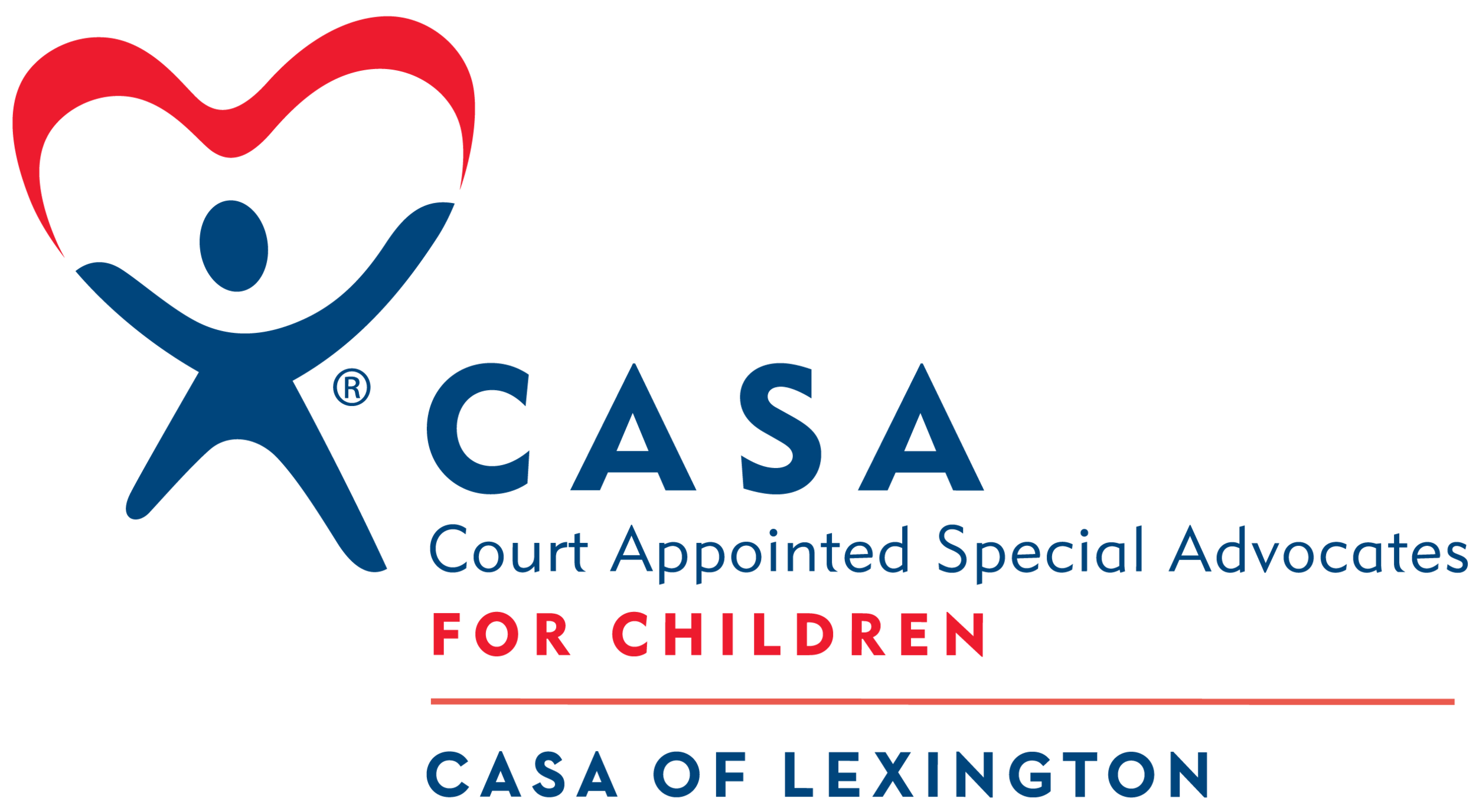Frequently Asked Questions
CASA Volunteers are Court Appointed Special Advocates (CASA) - a trained citizen who is appointed by a judge to represent the best interests of a child in court. Children helped by CASA advocates are involved in the Family Court system due to being victims of abuse or neglect.
What is the role of a CASA Advocate?
A CASA advocate provides a judge with carefully researched background details about the child to help the court make a sound decision about that child's future. Each home placement case is as unique as the child involved. The CASA advocate must determine if the best interest of the child is staying with his or her parents or guardians, being placed in foster care, or being freed for permanent adoption. The CASA advocate makes a recommendation on placement to the judge and follows through on the case until it is permanently resolved. .
How do CASA advocate investigate a case?
To prepare a recommendation, the CASA advocate talks with the child, parents, family members, social workers, school officials, health providers and others who are knowledgeable about the child's history. The CASA advocate also reviews all records pertaining to the child: school, medical, caseworker reports, and other documents.
How are CASA advocates different from social service caseworkers?
Social workers generally are employed by state governments and sometimes work on as many as 60 to 90 cases at a time; thus they are frequently unable to conduct a comprehensive investigation of each case. The CASA advocate has a smaller caseload (average of 1-2 cases) and more time to investigate a case. The CASA advocate does not replace a social worker on a case; they are an independent appointee of the court. The CASA advocate thoroughly examines a child's case, knows about various community resources and makes recommendations to the court independent of state agency restrictions.
Is there a "typical" CASA advocate?
CASA advocates come from all walks of life and possess a variety of professional, educational, and ethnic backgrounds. There are more than 70,000 CASA volunteers nationally. Local programs vary in number of volunteers they utilize. Aside from their CASA volunteer work, 64 percent are employed in full or part-time jobs; the majority tend to be professionals with 58% being college or university graduates. The majority (82%) of the volunteers nationwide are women.
How are CASA advocates different from attorneys?
The CASA advocate does not provide legal representation in the courtroom - that is the role of the attorney. However, the CASA advocate does provide crucial background information that assists attorneys in presenting their cases. It is important to remember that CASA advocate do not represent a child's wishes in court. Rather, they speak for the child's best interests.
How else can I help if I don't choose to be a CASA advocate?
There are so many ways to help us! We appreciate all of your support, from time to contributions. You can donate to make CASA’s work possible. If you have a Donor-Advised Fund, we welcome DAF donations, too! You can also become a Friend of CASA and help with staffing special events, procurement and fundraisers, or even office work. You can also help us through charitable shopping programs within the community (Kroger) or online (Amazon)!

